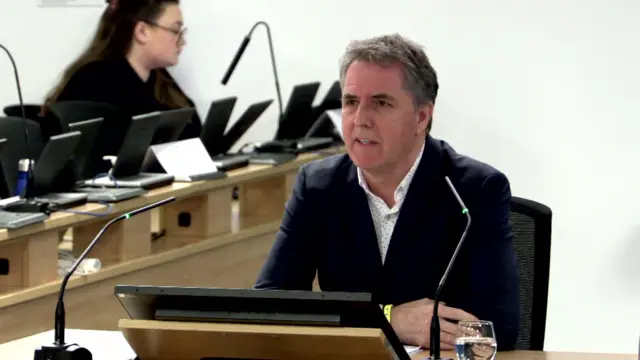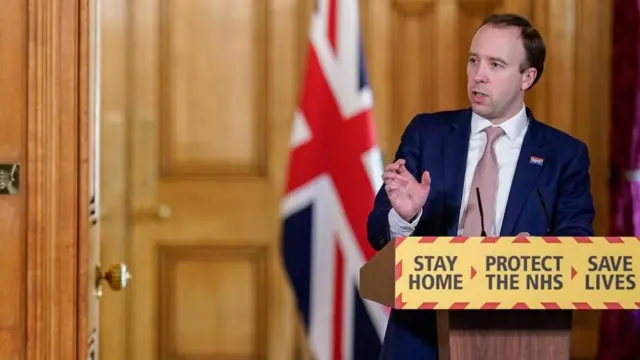That's all for today!published at 17:36 GMT 27 November 2023
Today we heard from three mayors about their experiences working with central government. Here are the key points:
London - Sadiq Khan
- Khan said his first briefing from his staff about Covid came from sources such as newspapers and the web - not from government
- The London mayor claimed he was "blocked" from attending Cobra meetings until 16 March
- He believes lives could have been saved if he had been invited to meetings sooner as he could have lobbied for an earlier lockdown
Greater Manchester - Andy Burnham
- Burnham said he was refused invitations to Cobra meetings and became aware of Covid through the Chinese community in Manchester
- The mayor claimed he had to raise issues in the media "because we had no alternative"
- He recalled that he received no notification from Nicola Sturgeon about the travel ban between Manchester and Scotland
- Burnham said he received "minimal" notice about local restrictions on household mixing in the Greater Manchester area on 30 July
- He called for more devolution in future emergencies
Liverpool City Region - Steve Rotheram
- Rotheram said he was not informed people from Wuhan would be isolating in the area and found out about Covid "on the news"
- He said there was no official channel to raise issues, and that officials would wait for the evening news to hear major announcements
- He says his social media team dealt with threats after the PM announced - without informing him - that the region would enter tier 3




